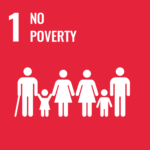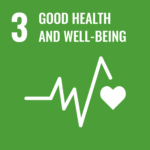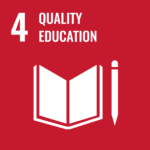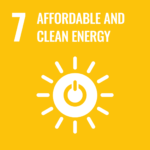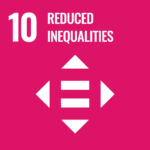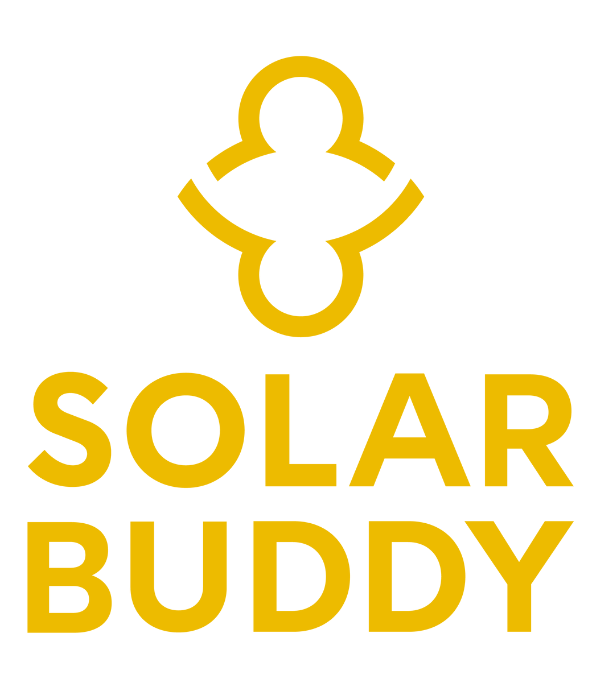Provide Solar Lighting to Students and Teachers in Papua New Guinea, to Prevent the Use of Toxic, Costly Lighting Alternatives.
In PNG alone, 6.3 million people live without electricity access. The effects of energy poverty on PNG women and girls compound the existing injustices they face every day. Women’s literacy, education and employment rates are lower than those of males. Violence against women is reported to be one of the highest in the world.
About 70 percent of Papua New Guinea’s school-age children receive some formal education, but only two-thirds of those who enter the first grade complete the sixth.
Insufficient teaching resources is a barrier to teacher retention, employing qualified teachers, and quality of education being delivered.
The Gulf Province is currently one of the most underdeveloped provinces in Papua New Guinea with decaying infrastructure and poor service delivery.
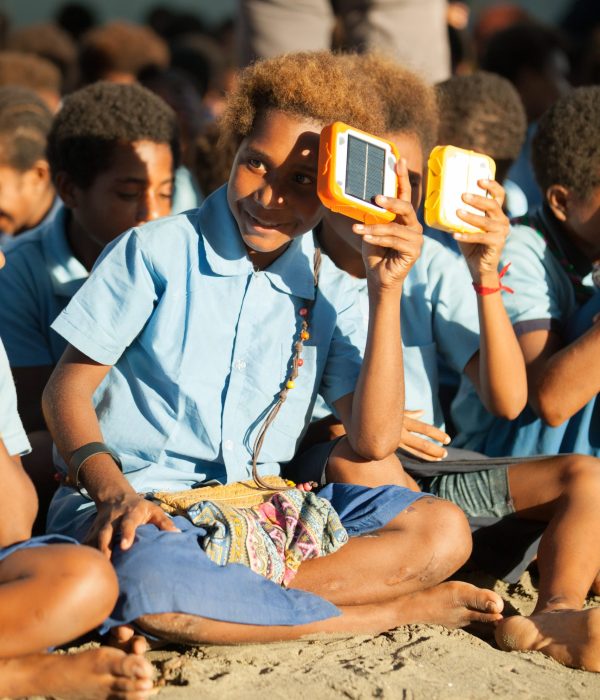
How SolarBuddy’s project addresses this problem:
The SolarBuddy solution is simple and effective. We tackle the root cause of issues that perpetuate inequality and unfulfilled futures. Innovative solar lighting, lasting 10+ years, will be provided free to students and teachers throughout the communities in the Gulf Province. No longer will communities rely on toxic, costly sources of lighting (e.g. kerosene).
Access to solar is vital in assisting students’ learning and teachers’ ability to mark work and continue professional development after dusk. By providing light for life, we want to inspire teachers, particularly female teachers, to stay in their roles and engage in professional development opportunities. Many also rely on additional micro business income.
Access to sustainable electricity is crucial in closing the gender gap, reducing poverty, increasing opportunity and productivity, improving health and well being, creating greater living standards and building resilient communities.
This project will allow students, teachers and the wider community access to safe, sustainable electricity, increasing their educational outcomes, health, safety and well being. It will allow women to participate in the workforce, grow business acumen, and gain economic freedom. It will provide access to activities such as business, reading, schoolwork, and household chores. It also increases safety and security risks for families as darkness provides an easy cover for crime during the night.
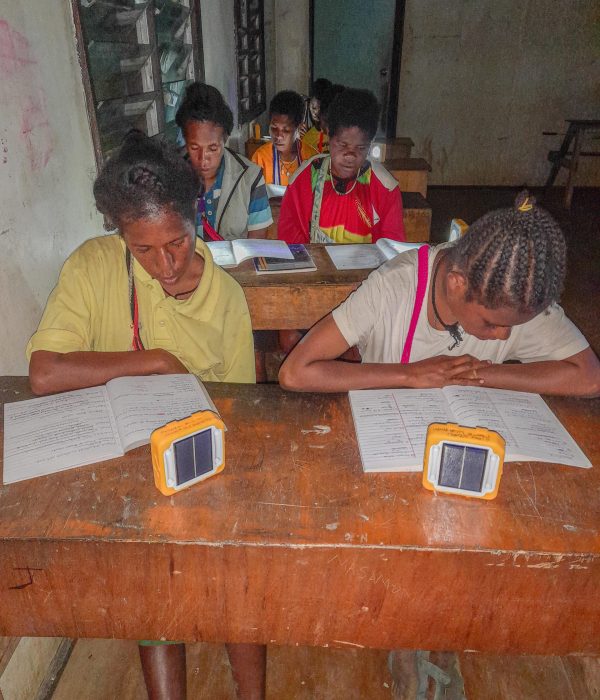
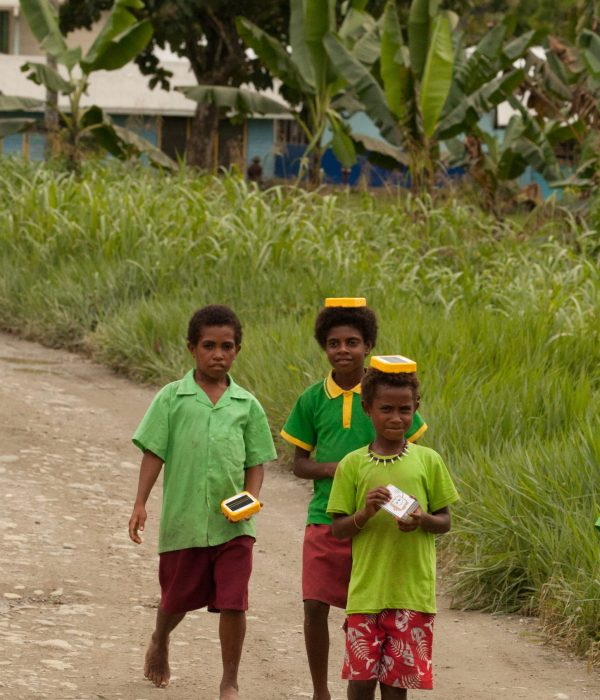
SolarBuddy’s Monitoring and Evaluation (M&E) framework has shown that after receiving JuniorBuddy lights, students in PNG are studying up to 78% longer, and have reported an increase in general happiness and satisfaction with life of 99.7%. KTF also have a proven M&E framework, producing annual and monthly reports.
Together with KTF, we will measure both quantitative and qualitative data in the areas below, relating to equity and inclusion, quality of living and reduction of poverty:
- Increase in study hours
- Increase in health and wellbeing across demographics.
- Increased sense of safety and life satisfaction.
- Amount of Kina (currency) saved on toxic fuel.
- C02 emissions reduced.
- Increase in job satisfaction among teachers.
- Increase in student academic outcomes.
- Reduction in crime.
- Number of girls enrolled in primary and elementary school.
- Increased number of outcomes for female-lead businesses.
- Longevity of solar products.
$30,000 will provide students with their own personal 428 JuniorBuddy lights for ten years, and students and teachers with 85 StudentBuddies, enabling them to study and charge devices.
438 JuniorBuddy lights will:
- Positively impact
- Create
- Offset
- Save
85 StudentBuddy lights will:
- Positively impact
- Create
- Mitigate need to travel long and dangerous distances to charge
- Make higher education more accessible
- Increase STEM knowledge
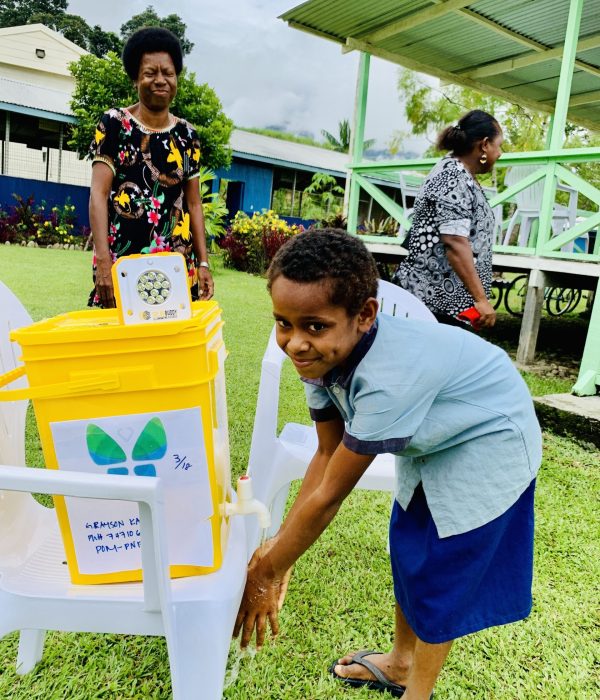
More Information
Samson’s Story
Samson is a Grade 7 primary school student. He lives in a village that is approximately 30 mins away from the school and he walks to and from school each day.
Samson’s village is remote and rural and there is no access to the grid or generator power. Samson’s family burns wood fire and sometimes purchases kerosene to burn a kerosene lantern for a source of lighting. Samson’s parents are subsistence farmers and they struggle to be able to afford kerosene.
“Ever since I received my SolarBuddy light, my family has not had to spend any money on kerosene. My brother and my two sisters are also at school and we have now all received a solar light from KTF and SolarBuddy. Now that there are four solar lights in the house, it means that my parents don’t need kerosene any more. This is better as kerosene is very very dangerous and it hurts our eyes when we read and our chest when we breathe.
“The solar light is used for so many reasons. We sometimes read books at night to each other. We can do our school work after the sun sets because before the sun sets we are very busy – helping our parents in the garden or just sometimes having fun. Now we have more time in the dark to do homework so we don’t have to rush to do it before dark. I also use my solar light to go to the toilet and walk around the village at night time. The toilet can sometimes be dangerous as you don’t know where to step and now with a solar light it makes it easier and safer.”

